With only a few short stories nominated for this year’s Hugo Award, I thought I’d take a moment to give them a closer look. The scarcity of the list and the implications of such a small field has already been noted here at Amazing Stories in both Steve Davidson’s editorial and an article by Keith West. With all of the available short story material expanding with universal proportions via the interweb, it’s hard to believe only three selections are offered for voting. This does not however diminish the value of those that did make the list. Like a triple play in baseball, it goes by quick, but the results are just as remarkable.
All three nominees have quite a pedigree in the genre, which even for such a small sample, makes for a very intriguing group. “Immersion” is by Aliette de Bodard, a writer who has earned previous Nebula and Hugo Award nominations. “Mantis Wives” is by Kij Johnson, who already claims awards from Nebula, Hugo and a few others. “Mono no Aware” comes from Ken Liu, who holds the distinction of sweeping the Nebula, Hugo, and World Fantasy Awards in 2012 with his short story “The Paper Menagerie.”
“Immersion” was published in the June 2012 issue #69 of Clarkesworld. Author Aliette de Bodard gives us a unique perspective of the future dependency of gadgets called immersers, appliances used for most if not all social interactions through virtual communication. The characters are all well established, helping the reader walk through an implicit existence in a horrific yet credible future. The addiction one can surrender to through continuous immerse use is as powerful as any known drug. But de Bodard’s delicate writing prose and ability to make every image come to life can be just as addicting to a reader as the immersion is to her characters.
Clarkesworld also published Kij Johnson’s nomination “Mantis Wives” in the August 2012 issue #71. This odd selection is a very short (just shy of 1000 words) look at the macabre insect world of the mantis. Johnson paints the mating ritual, including cannibalistic tendencies, through absorbing anecdotes from the female mantis perspective. Readers should note that this narrative is presented more as an essay than a work of prose. Each course of action is bulleted with a sort of self questioning by the female as she tries to understand, and maybe even justify her grizzly actions. Regardless of the style, the romantic view of such ghoulish acts is uncomfortably impressive.
“Mono no Aware” by Ken Liu is the leading installment in an anthology called The Future is Japanese.* Edited by Nick Mamatas and Masumi Washington, the collection was published by Viz Media imprint Haikasoru in May 2012. The narrator Hiroto is a young man who monitors the solar sails of the spacecraft “Hopeful” in route to the star called 61 Virgins. One of over a thousand inhabitants who escaped the tragic asteroid Hammer’s collision with Earth, he recalls his lost family through emotional back-story, defining his character and faith in Japanese culture. Remembering his father’s teachings, including the term “Mono no aware” (awareness of transient existence) and how it applies to their challenges, not only formulates the heroic actions in the story but in a sense it epitomizes Japanese history. Readers get a moving lesson in culture along with a gripping story of survival in a single sitting.
Though there are only three nominations for short stories on the Hugo ballot this year, any one of these choices will certainly be worthy of winning. Congratulations to them all. Give them a look. It’s obvious that all of these authors are veterans of praise and accolades for their writing, but it’s too bad there aren’t additional selections to choose from. Let’s hope something changes in the voting process so that next year we might have a larger field to enjoy and experience.
*Felicity Savage, one of Amazing Stories blog team members also has a story in this anthology.

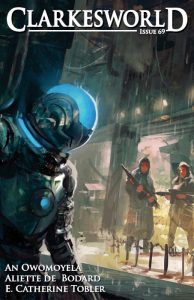
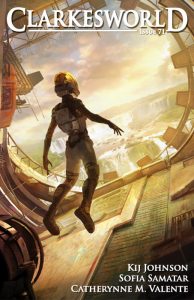
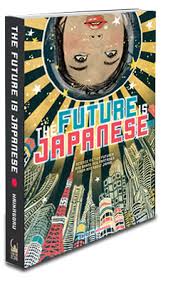
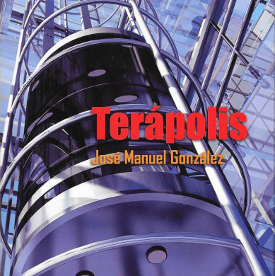




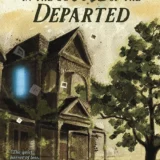

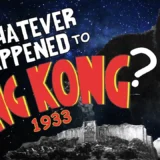
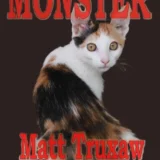
Recent Comments